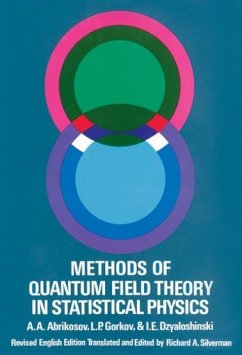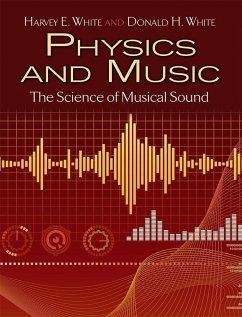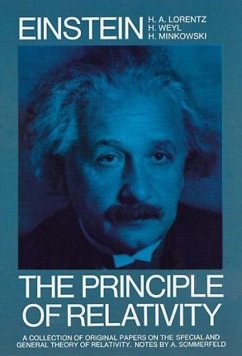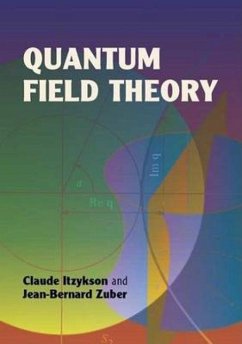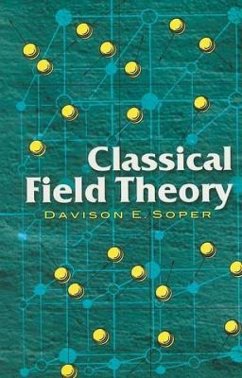Nicht lieferbar

Modern Physics
The Quantum Physics of Atoms, Solids, and Nuclei: Third Edition
Versandkostenfrei!
Nicht lieferbar
This introduction to the concepts and methods of quantum mechanics employs the analysis of one-dimensional problems to offer students a quantitative understanding of atomic, molecular, solid-state, and nuclear physics. Applications of these concepts and methods help answer the most intriguing questions of modern physics: What holds matter together? Holds it apart? How does the variety of chemical properties of different elements arise? How do electrons move through solids? Why do nuclei that occur in nature possess only certain combinations of protons and neutrons? The text presents meaningful...
This introduction to the concepts and methods of quantum mechanics employs the analysis of one-dimensional problems to offer students a quantitative understanding of atomic, molecular, solid-state, and nuclear physics. Applications of these concepts and methods help answer the most intriguing questions of modern physics: What holds matter together? Holds it apart? How does the variety of chemical properties of different elements arise? How do electrons move through solids? Why do nuclei that occur in nature possess only certain combinations of protons and neutrons? The text presents meaningful problems by topic--supplemented by ample illustrations, applications, and exercises--that address the most intriguing questions of modern physics. Answers to selected problems appear in the appendix. Geared toward science and engineering majors, this volume is also appropriate for independent study by those who have completed a general physics course. Dover (2015) republication of the edition originally published by John Wiley & Sons, Inc., New York, 1980. See every Dover book in print at www.doverpublications.com




